TonyFlyingSquirrel
Master Member
- Messages
- 4,565
I recently donated “Nigel”, the “none more black” Strat to a young man at church for his first electric guitar, as he is applying himself and putting in the “sweat equity” and doing quite well at it. I’m just not a Strat guy in the sense of the use of a center pickup, but I do favor the single coil voicings for my guitars that I play on the worship team at church with. “Kenny”, for Emily a Bari-Tele, and now housing a conversion scale roasted maple neck has been my staple for the last year at church, along with the Strat. I’ve been wanting a Tele with a wiggle stick for more expressiveness, but most of what I’ve found in that shape are only offer with humbuckers. So, I was able to acquire this Harley Benton Fusion T HH for very minimal, but it came in this dismal Bismuth Pink. Couldn’t play that out withou turning my stomach, so, I got out the paint stripper gun and burned that mess off. Smelt like a meth lab that exploded in a double wide and burnt to the ground, not kidding. Nyatoh has got to be the stankiest wood I’ve ever worked on. Didn’t stop stinking until after grain fill and stain. I could have done a traditional translucent blue dye finish, but I felt that to be too conventional, and I remember my old Warmoth co-worker Rob Rounds doing his “Blue Jean” Tele some years ago, so I borrowed some inspiration and took it in a bit of a different direction. The finish is then multiple “1 wipe on coat per day layer” of True Oil”. After 6-8 days/layers, was the first level sand, very lightly, at 400 grit, then another 6-8 days/layers, then level sand, then successive fine sanded to 600, 800 grit, the wet sands at 1000, 1500, 2000, 2500, then 3000, then buff/polish.
This Fusion has had the pickups replaced with EMG 58’s, which even though are in a Humbucker housing, they are P90 voiced, retaining the single coil voicing that I wanted. This roasted Canadian maple neck is quite nice, and I’m surprised that they installed stainless steel frets on such an inexpensive instrument. The Wilky bridge along with the staggered locking tuners and my treatment of the nut ensure that it stays in tune quite well. This EMG 58 in the neck position is sweet garlic honey butter! I love it. It plays very balance in all pickup positions in clean or dirty amp voicings, and rolling the volume back brings even greater dynamics. I could pretty much play the dirty voicing and get along in all 3 positions with just the volume knob. I know that EMGs are not for everyone, and I was against them for years, until I built a tone from scratch with my 57/66 set, then it made sense to me as I was just plugging customer guitars into my rig with my gain structure set for my passives. That right there skewed my perception of the, for decades. Ideally, they are underwound pickups, with the outer ranges of low and hi end added back in, so the Fletcher-Munson curve effect is at play, then they have a very slight preamp volume increase akin to the makeup gain on a DBXcompressor with all of the other compression controls not used.
The new name for this instrument is “Bluey” as my grandson Elijah turned me on to, so he gets some credit for the naming.
This Fusion has had the pickups replaced with EMG 58’s, which even though are in a Humbucker housing, they are P90 voiced, retaining the single coil voicing that I wanted. This roasted Canadian maple neck is quite nice, and I’m surprised that they installed stainless steel frets on such an inexpensive instrument. The Wilky bridge along with the staggered locking tuners and my treatment of the nut ensure that it stays in tune quite well. This EMG 58 in the neck position is sweet garlic honey butter! I love it. It plays very balance in all pickup positions in clean or dirty amp voicings, and rolling the volume back brings even greater dynamics. I could pretty much play the dirty voicing and get along in all 3 positions with just the volume knob. I know that EMGs are not for everyone, and I was against them for years, until I built a tone from scratch with my 57/66 set, then it made sense to me as I was just plugging customer guitars into my rig with my gain structure set for my passives. That right there skewed my perception of the, for decades. Ideally, they are underwound pickups, with the outer ranges of low and hi end added back in, so the Fletcher-Munson curve effect is at play, then they have a very slight preamp volume increase akin to the makeup gain on a DBXcompressor with all of the other compression controls not used.
The new name for this instrument is “Bluey” as my grandson Elijah turned me on to, so he gets some credit for the naming.
Attachments
-
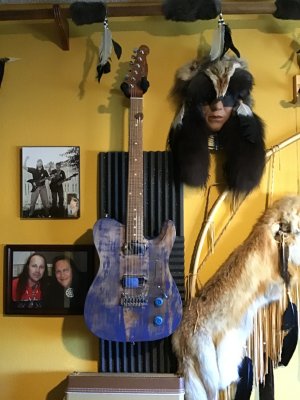 IMG_6004.jpeg1,016 KB · Views: 23
IMG_6004.jpeg1,016 KB · Views: 23 -
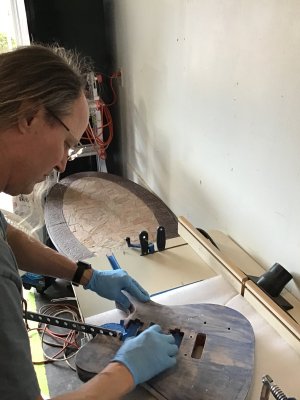 IMG_5988.jpeg990.3 KB · Views: 22
IMG_5988.jpeg990.3 KB · Views: 22 -
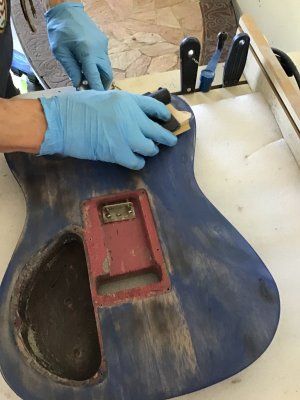 IMG_5975.jpeg995.2 KB · Views: 17
IMG_5975.jpeg995.2 KB · Views: 17 -
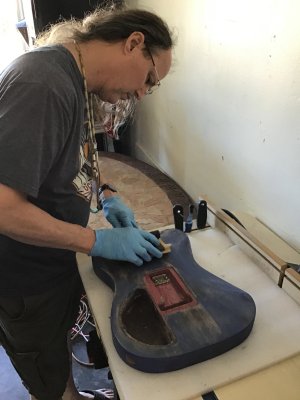 IMG_5974.jpeg956.7 KB · Views: 18
IMG_5974.jpeg956.7 KB · Views: 18 -
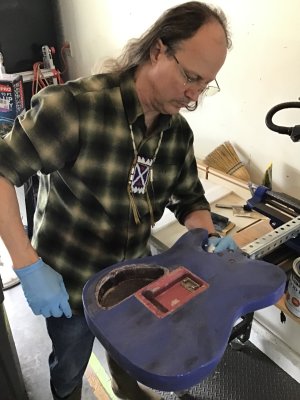 IMG_5972.jpeg1,013.3 KB · Views: 19
IMG_5972.jpeg1,013.3 KB · Views: 19 -
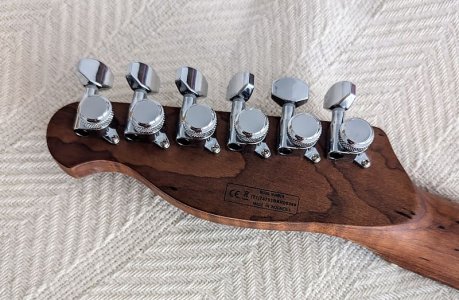 IMG_5925.jpeg102.8 KB · Views: 20
IMG_5925.jpeg102.8 KB · Views: 20 -
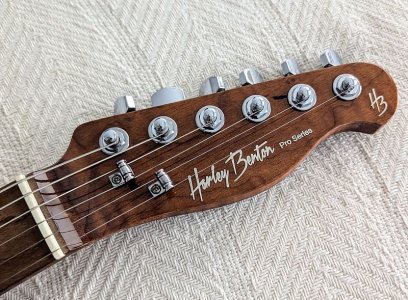 IMG_5924.jpeg142.6 KB · Views: 19
IMG_5924.jpeg142.6 KB · Views: 19 -
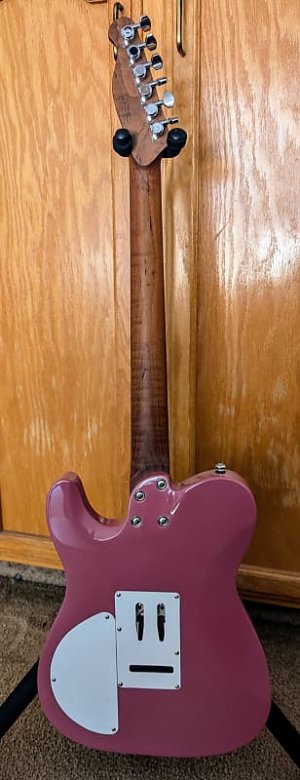 IMG_5920.jpeg49.7 KB · Views: 19
IMG_5920.jpeg49.7 KB · Views: 19 -
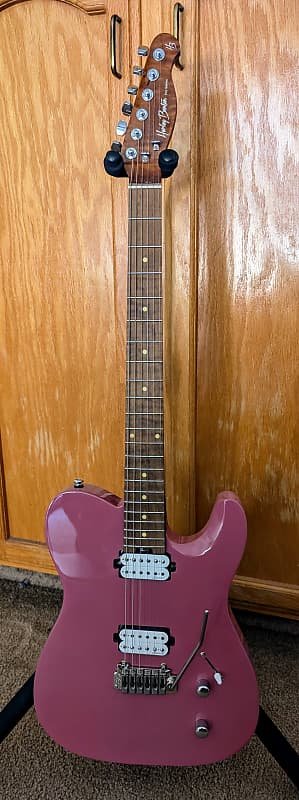 IMG_5919.jpeg55.4 KB · Views: 18
IMG_5919.jpeg55.4 KB · Views: 18 -
 IMG_5981.jpeg47.6 KB · Views: 22
IMG_5981.jpeg47.6 KB · Views: 22
Last edited:


